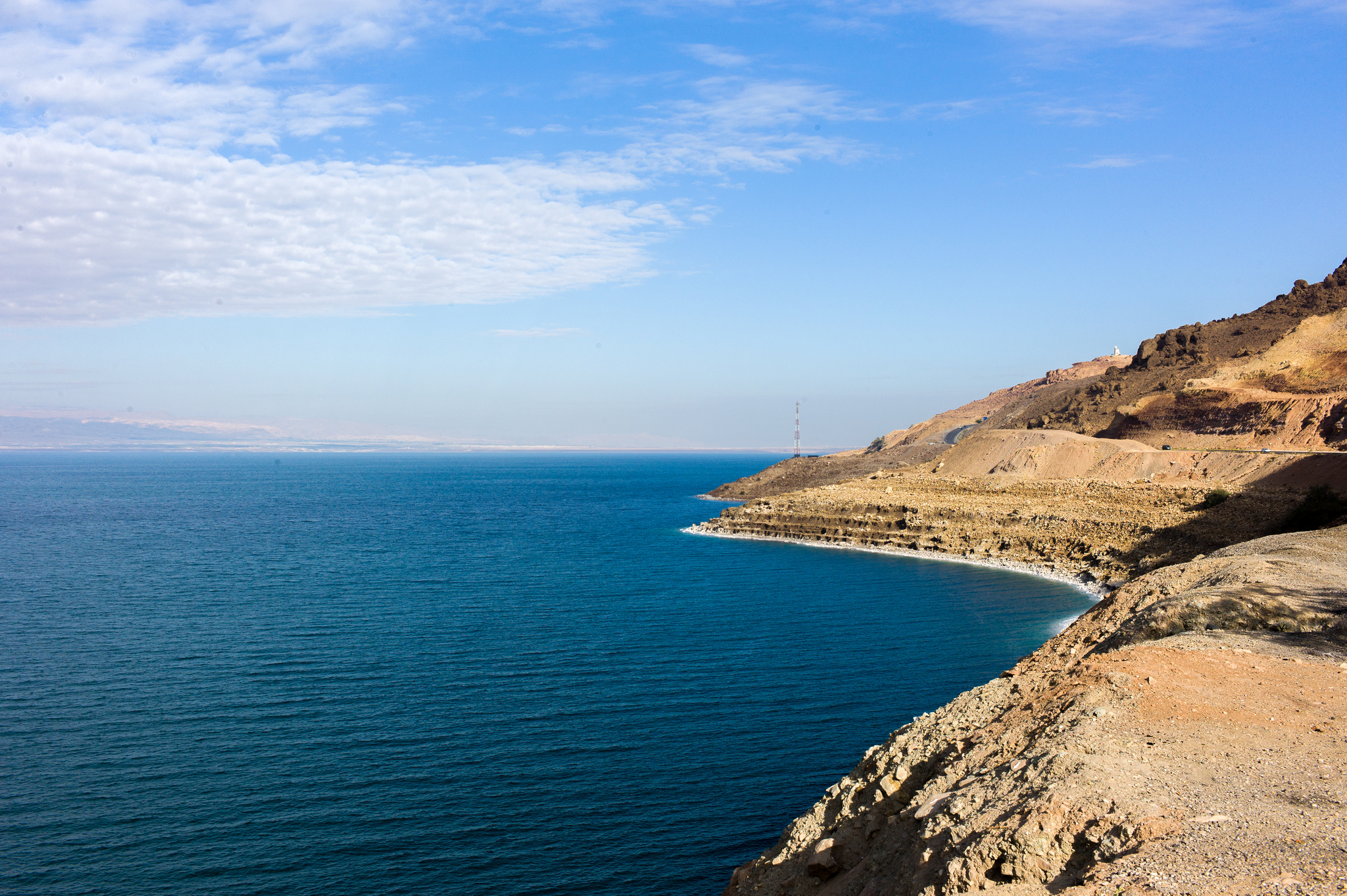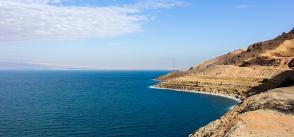
Addressing Water Scarcity in Jordan
Jordan is among the world’s four most water-scarce countries and it is located in one of the most arid areas of the Middle East. Drought, overexploitation and depletion of underground water reserves and climate change are making the serious shortage of water even worse.
On top of the climatic and geographic aspects, demographic pressures also play an important role. Over the next two decades, the population in Jordan is expected to double. The increase is caused by inflows of migrant workers and by several waves of refugees fleeing the conflicts in the region, most recently from Syria. This puts a significant strain on water resources and the environment.
The inefficient and aging infrastructure for water supply is also among the causes for rapid depletion of water resources in Jordan: around 50% of water is lost in distribution systems. This impacts significantly the water demands from a growing population and a growing economy in the country. This is reflected in the decreasing trend in water resources availability that has long been registered in Jordan. Annual per capita water availability has declined from 3,600 cubic meters in 1946 to 145 today.
To face such an issue and increase freshwater supply, the Jordanian government has recently taken action with the development of two projects: the Disi Aquifer water conveyance and the Red Sea-Dead Sea pipeline. The Disi water conveyance became operational in 2013 and transports water to Amman and other Jordanian cities from the Disi Aquifer (located in the country’s southeast). The Red Sea-Dead Sea project got the green light at the end of 2015 and aims at increasing water supply through seawater desalination.
[Full article here | Photo by Colin Tsoi]







